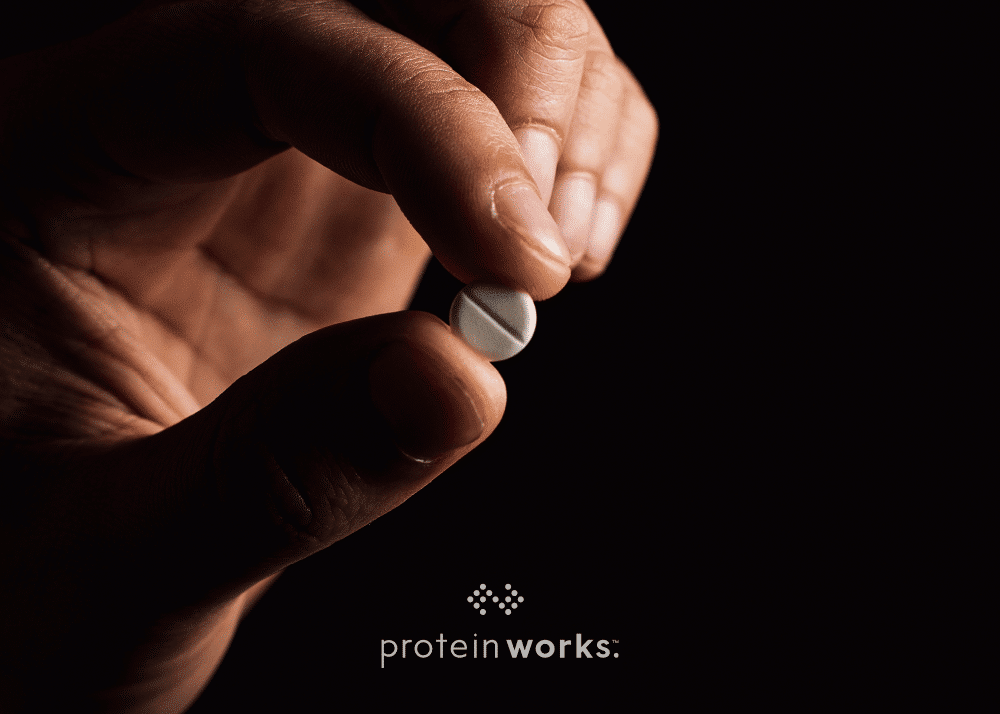
Apple Cider Vinegar vs Green Tea: Which Is Best?
When it comes to natural weight loss supplements, two names come up again and again: green tea and apple cider vinegar. Both have been used for centuries in traditional wellness practices, and modern research suggests they may support weight loss and weight management.
But which one works better? Let’s take a closer look at how apple cider vinegar and green tea may support weight loss and explore the science and research behind each, before weighing up which might be the better choice for you. Apple Cider Vinegar vs Green Tea – lets get into it:
 How Does Apple Cider Vinegar Support Weight Loss?
How Does Apple Cider Vinegar Support Weight Loss?
Apple cider vinegar is made by using yeast to convert the natural sugars in apples into alcohol. Bacteria then convert this alcohol into acetic acid. It’s this acetic acid content that is thought to help apple cider vinegar potentially support weight loss by reducing appetite, improving blood sugar control, and boosting fat metabolism.
Appetite Reduction
Acetic acid has been shown to slow the rate at which your stomach empties, helping you feel fuller for longer. This can naturally lead to a lower calorie intake, without conscious restriction.[1]
Blood Sugar Control
Apple cider vinegar can reduce post-meal blood sugar spikes and improve insulin sensitivity. By keeping blood sugar levels steadier, it may help prevent the energy crashes and cravings that often lead to overeating.[2]
Fat Metabolism
Acetic acid has been shown to boost fat burning, reduce fat storage and increase mitochondrial activity (which helps your body use fat for energy more efficiently) – even without major lifestyle changes.[3]
What the Science Says
Several clinical trials have explored the effects of apple cider vinegar on weight loss. A 2024 study found that taking 5-15ml of apple cider vinegar daily for 4-12 weeks significantly reduced weight, body fat and waist/hip measurements, and improved blood sugar, triglyceride and cholesterol levels in overweight and obese adults, with no reported side effects.[4]
Another study found that adding 30ml of apple cider vinegar daily to a calorie-restricted diet for 12 weeks led to greater weight loss, reduced body fat and appetite and improved cholesterol and triglyceride levels compared with diet alone in overweight and obese adults.[5]
Most studies agree that apple cider vinegar is most effective when combined with a balanced diet and regular exercise.
How to Take Apple Cider Vinegar
Apple cider vinegar can be consumed in liquid form – either on its own or diluted in water. However, the liquid’s sharp taste can put some people off. Apple cider vinegar gummies offer a convenient, tasty way to get your dose without the vinegar burn.
How Does Green Tea Support Weight Loss?
Green tea’s weight loss benefits come mainly from its natural, antioxidant-rich compounds called catechins, along with a small amount of caffeine. Together, they are believed to boost calorie burn, increase fat oxidation and help regulate blood sugar.
Calorie Burn
The combination of caffeine and catechins, particularly EGCG, can boost metabolism and potentially increase the number of calories your body burns, even at rest.[6]
Fat Oxidation
The caffeine and catechins in green tea can enhance the body’s ability to burn fat for energy, especially during exercise.[7]
Blood Sugar Control
Green tea may help regulate blood sugar by lowering fasting glucose and improving insulin sensitivity, which can reduce fat storage and help prevent the energy crashes that lead to overeating.[8]
What the Science Says
Research on the link between green tea and weight loss is extensive and has produced mixed results. One systematic review of 15 weight loss and three weight maintenance trials found the effect of green tea was small and statistically non-significant.[9]
However, another meta-analysis of clinical trials reported that green tea supplements led to significant reductions in body weight and BMI in people with obesity when combined with a healthy diet and exercise, although results varied depending on dosage, extract type, and how long they were taken.[10]
How to Add Green Tea to Your Routine
Based on the above studies, drinking between three and eight cups of green tea per day is optimal for supporting weight loss. If that sounds like too much, green tea tablets are a great alternative. They provide a concentrated source of catechins in an easy and convenient supplement form that you can take throughout the day.
Apple Cider Vinegar vs Green Tea: Which is Better for Supporting Weight Loss?
Evidence for apple cider vinegar and weight loss is still limited – only a handful of human trials exist, and most have small sample sizes. That said, results are generally positive, with some studies showing clear short-term reductions in weight and body fat.
Green tea has been studied much more extensively, with multiple meta-analyses and hundreds of individual trials. While the average effect on weight loss is small, the research base is much larger and more well-documented.
In short, the evidence to support apple cider vinegar is less extensive but often shows sharper short-term results, while green tea’s effect is more modest but backed by far more studies.
The Take Home
Whether you opt for apple cider vinegar or green tea, the best way to support weight loss is by combining your chosen supplements with a balanced diet and regular exercise. For more tips to help you on your weight loss journey, check out our guide to the most overlooked strategies for weight management.
References:
[1] https://pubmed.ncbi.nlm.nih.gov/18093343/
[2] https://pmc.ncbi.nlm.nih.gov/articles/PMC11221284/#R8
[3] https://pmc.ncbi.nlm.nih.gov/articles/PMC11773656/
[4] https://pmc.ncbi.nlm.nih.gov/articles/PMC11221284/
[5] https://www.sciencedirect.com/science/article/abs/pii/S1756464618300483
[6] https://pmc.ncbi.nlm.nih.gov/articles/PMC3908530/
[7] https://www.sciencedirect.com/science/article/pii/S000291652323508X
[8] https://www.sciencedirect.com/science/article/pii/S0002916523051808
[10] https://onlinelibrary.wiley.com/doi/abs/10.1002/ptr.6697


 How Does Apple Cider Vinegar Support Weight Loss?
How Does Apple Cider Vinegar Support Weight Loss?




